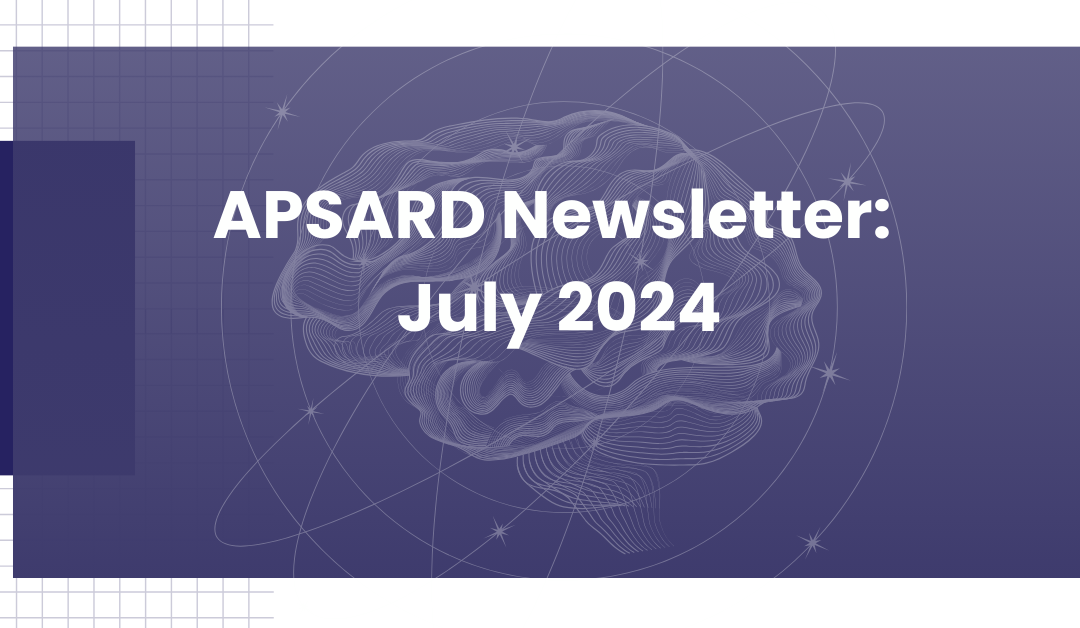
APSARD Newsletter – July 2024
The APSARD July 2024 Newsletter is now available! Click the button below to access.

The APSARD July 2024 Newsletter is now available! Click the button below to access.
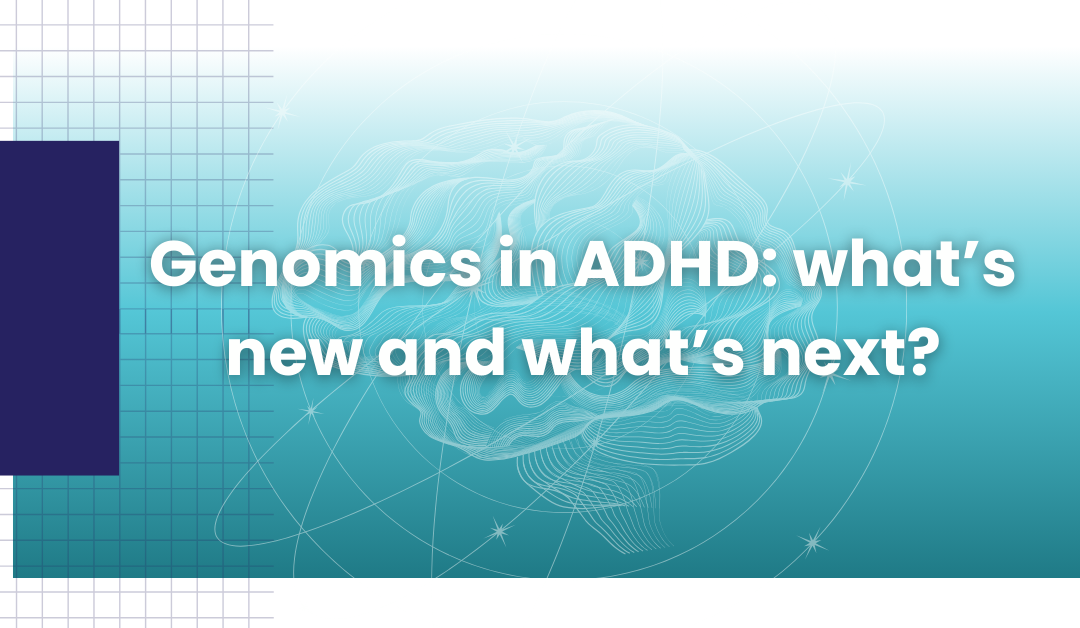
Philip Shaw, BM BCh (Medicine), PhD
Researcher and Psychiatrist.
Most clinicians are aware that ADHD “runs in families.” When assessing a child or young person, one of the questions we ask is if anyone in the family also has ADHD or has shown its characteristic features. The heritability of ADHD is high. Family and twin studies suggest about 70% of ADHD symptoms are heritable, that is, attributable to genetic factors. Thanks to advances in genomic science, we now know a great deal about the types of genetic differences that play a role in ADHD.
Arguably the most important advance in the ADHD field has been our understanding of how common genetic differences may contribute to ADHD. This advance has been possible due to large scale genome-wide association studies (GWAS) that help us identify genes associated with ADHD and its core features. In a GWAS, common genetic variants that are shared by many people are examined across the entire genome. These variants are called single nucleotide polymorphisms, or SNPs. A GWAS pinpoints which SNPs occur more frequently in those with a diagnosis of ADHD as opposed to those without. Thanks to individuals with ADHD agreeing to share their genomic data, GWAS are now conducted with tens of thousands or participants, giving powerful clues into the genes tied to ADHD. The most important studies come from the Psychiatric Genomics Consortium, an international consortium of scientists analyzing genetic data of psychiatric disorders. Their most recent report in 2023 compared around 38,000 individuals with ADHD against 187,00 individuals without ADHD and found 27 SNPs pointing to 76 genes that might play a role in ADHD. Many of these genes are involved in early brain development and some genes code for dopamine, a neurotransmitter long implicated in ADHD as the target of psychostimulant medications.
GWAS are now focusing on different gene expressions in ADHD. For example, an electronic health records study looked at the genetic differences associated with childhood ADHD versus ADHD that persists or is first diagnosed in adulthood. While there is a great deal of similarity in the genetic differences across all expressions, there are some changes that are unique to persistent and late-recognized forms of ADHD.
On its own, one SNP or its associated gene contributes a miniscule amount to the development of ADHD. This is unsurprising given the complexity of ADHD; symptoms are intricate behavioral and cognitive features that result from hundreds of genes. However, when adding up the contributions of all SNPs tied to ADHD across the entire genome, around a quarter of the contribution to ADHD is explained, which is an impressive amount.
Given that the sum of all the SNP differences, called the polygenic score, explains a fair amount of ADHD features, can this score be used in the clinic to help diagnose, predict the likely clinical course, or guide treatment of ADHD? This is an area of intense research, as we balance the rapidly falling costs of such genetic investigations against the potential gain. In other words, do polygenic scores add enough value to make them worthwhile, especially for hard-pressed health care systems?
There are other challenges to the use of polygenic scores. The first challenge is a scientific one. We know that the genes involved in ADHD overlap considerably with those for other mental health conditions. Thus, the polygenic score for ADHD is often correlated with scores for other mental health diagnoses. Can we disentangle the signals that are unique to each challenge, such that polygenic scores can help inform diagnosis? A second challenge is around equity. Polygenic scores are based on the findings of GWAS and these have mostly been conducted on individuals of Northern European ancestry. Given that different ancestral groups have some differences in genetic make-up, this means that current polygenic scores may not be valid for those not of Northern European ancestry. The remedy is clear: we need to broaden the evidence base through a focus on diversity in GWAS. Ensuring such diversity in genomic discovery will improve the science and prevent its possible clinical applications from inadvertently worsening existing health care disparities.
While common genetic differences are important, so are rarer genetic differences, which are often defined as differences that are present in less than 1% of a population. Such rare genetic changes can occur to a single base pair (a point mutation) or can be much larger, with large-scale duplications or deletions of chunks of DNA, called copy number variants (CNV). Several studies have found that CNVs are more frequently found across the genome among individuals with a diagnosis of ADHD, as opposed to those without an ADHD diagnosis. Interestingly, these CNVs might cluster in gene pathways that code for the brain’s major neurotransmitter, glutamate. ADHD, which is associated with certain CNVs or more CNVs across the genome, may have some distinguishing features. For example, some CNVs may be more frequent in those assigned female at birth compared to males, and it would be interesting to look at their possible ties to cognitive skills and response to treatments.
The genetic differences tied to ADHD do not act in a vacuum. Genes turn on and off in response to the environment in ways that often change across development. We need to understand the mechanisms that determine these complex interactions. One such mechanism is epigenetic change, or “chemical switches” that turn genes on or off in response to external events. Methylation is an epigenetic event that has been examined in ADHD. There are no clear findings yet as the studies are still simply too small, but large-scale collaborative efforts are underway to detect the most robust signals.
Many changes in gene expression and regulation vary across different tissues and cells in the body. For example, the methylation changes found in saliva or blood only weakly reflect changes happening in the brain and until recently, we lacked studies of the post-mortem brain in ADHD. However, due to the remarkable altruism that supports tissue donation, brain banks across the U.S. have acquired post-mortem tissue that allow researchers to look at how changes in gene expression and regulation may be tied to a lifetime history of ADHD. For example, such studies have found that a history of ADHD is associated with differences in the expression of genes that code for glutamate (which is also a possible site for the copy number variant change). Interestingly, many of the subtle changes to gene expression seen in some brain regions in ADHD resembled those seen in other mental health challenges.
All of these remarkable advances have been made possible by the participation of those with ADHD and their families. We need to ensure the offer to participate in genomic science is extended to everyone, boosting diversity in discovery and ensuring that genomic medicine helps all.
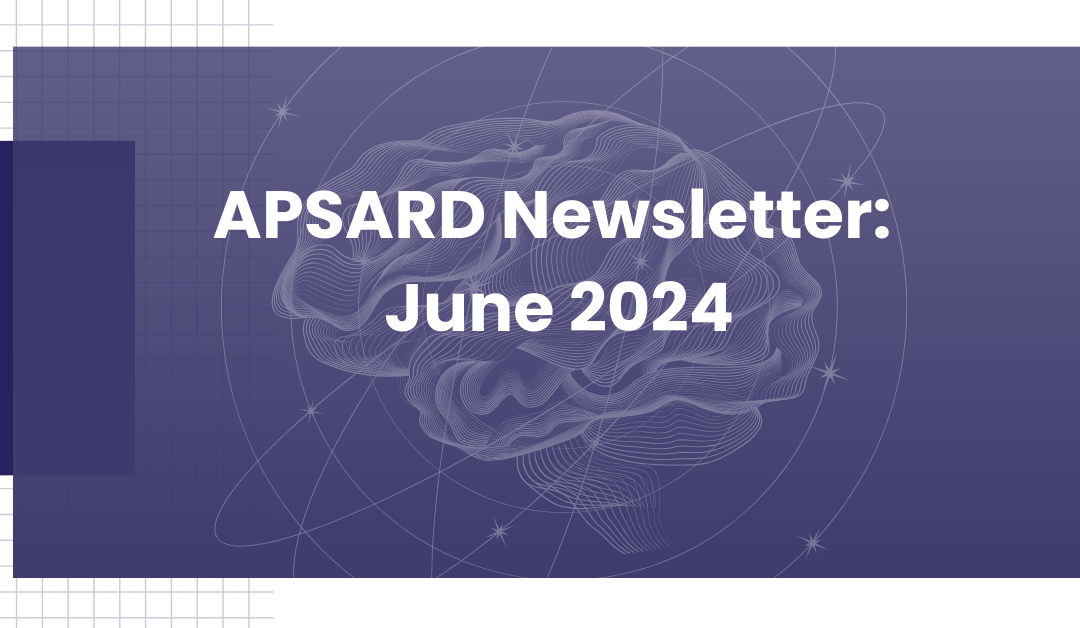
The APSARD June 2024 Newsletter is now available! Click the button below to access.
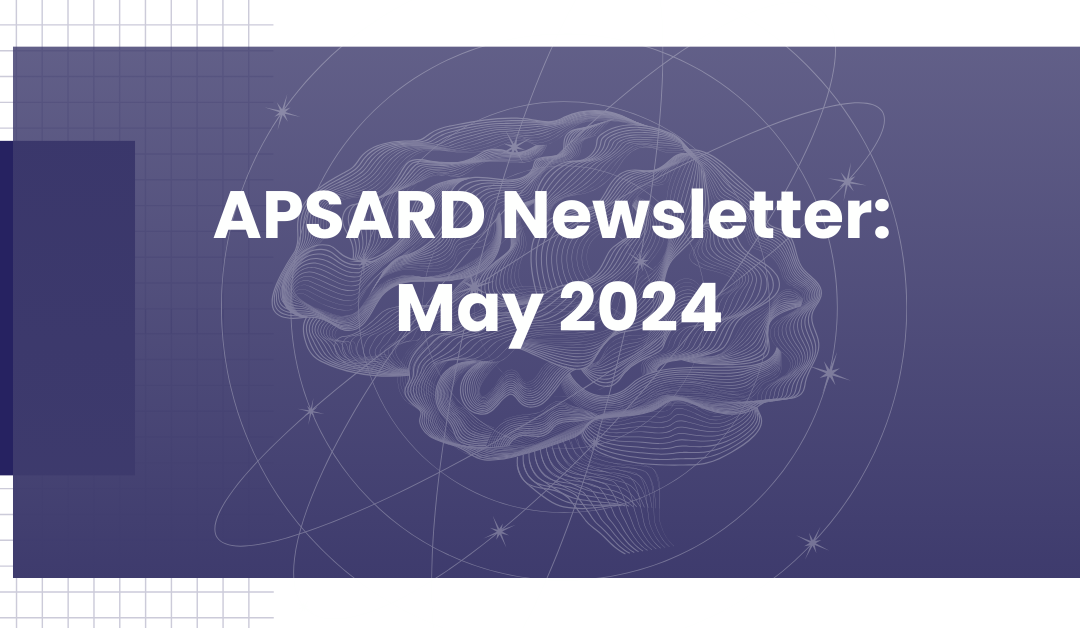
The APSARD May 2024 Newsletter is now available! Click the button below to access.
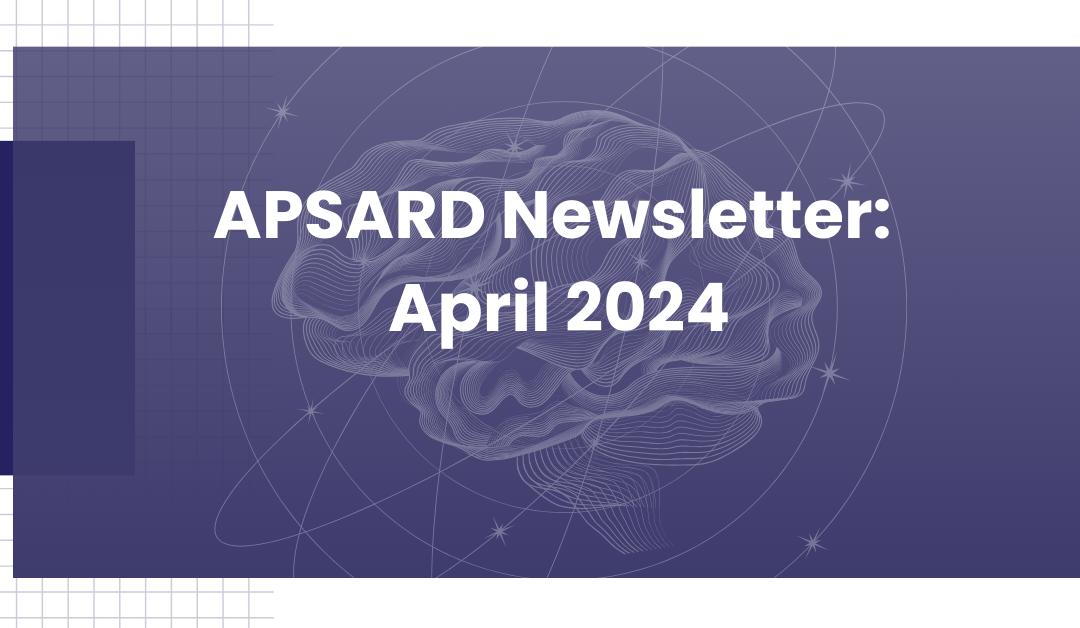
The APSARD April 2024 Newsletter is now available! Click the button below to access.
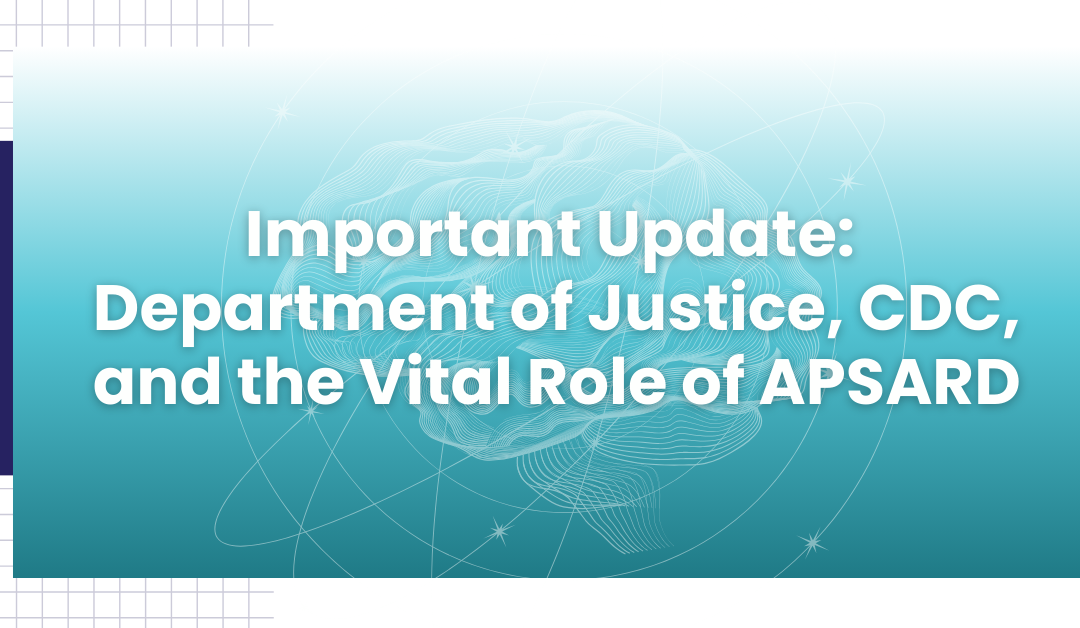
On June 13th, 2024, the US Department of Justice announced a federal health care fraud indictment against a large subscription-based telehealth company that provides attention-deficit/hyperactivity disorder (ADHD) treatment to approximately 30,000-50,000 patients across the United States.
As per the US Department of Justice: “Ruthia He, the founder and CEO of Done Global Inc., was arrested in Los Angeles and David Brody, the clinical president of Done Health P.C., was arrested in San Rafael, California” for allegedly “developing and carrying out a $100 million scheme to defraud taxpayers and provide easy access to Adderall and other stimulants for no legitimate medical purpose.” As alleged in the indictment, “the defendants provided easy access to Adderall and other stimulants by exploiting telemedicine and spending millions on deceptive advertisements on social media. They generated over $100 million in revenue by arranging for the prescription of over 40 million pills.“
At the same time, the CDC issued the statement “Disrupted Access to Prescription Stimulant Medications Could Increase Risk of Injury and Overdose,“ which discusses the need for ongoing access to care and the potential disruption to as many as 30,000-50,000 patients ages 18 years and older across all 50 US states.
Within hours, the CDC hosted a meeting of the “ADHD Partners” to discuss these issues and the impact on the communities affected by ADHD. This meeting included Stephen Faraone from the World Federation for ADHD, CHADD leadership, the president of ADDA, ADHD coaches, other affiliated organizations, and me, from APSARD.
The overarching theme of this meeting was the need for holistic ADHD care, the pivotal role of APSARD and our affiliated ADHD organizations in decreasing stigma and improving equitable delivery of education and ADHD care.
I would like to share a resource which was just E-published in CNS Spectrums, ahead of print last week, which utilizes an “Expert Consensus Statement” on the strengths and limitations of telemedicine for ADHD management and care.
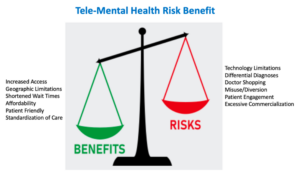
All in all, these updates highlight the pivotal role of APSARD as the leading voice for implementing ADHD science, education, and advocacy for individuals with ADHD.
Appreciatively,
Greg Mattingly MD
President, American Society for ADHD and Related Disorders
Supporting Links:
Disrupted Access to Prescription Stimulant Medications Could Increase Risk of Injury and Overdose
Expert Consensus Statement for Telepsychiatry and Attention Deficit Hyperactivity Disorder